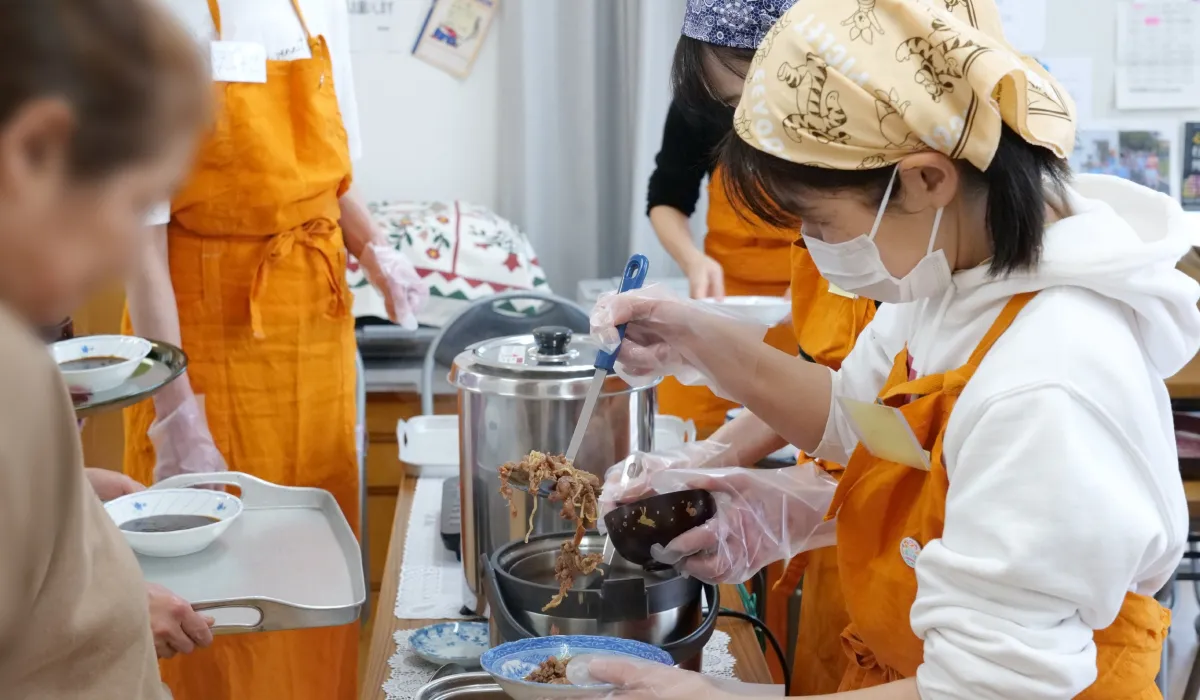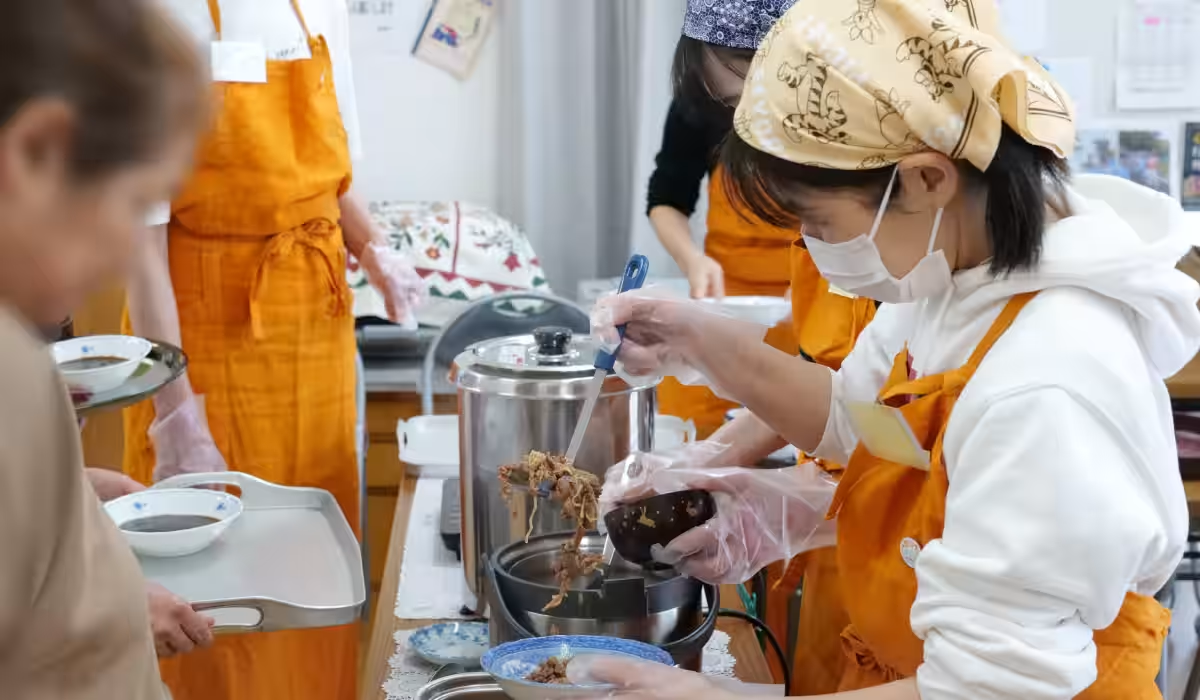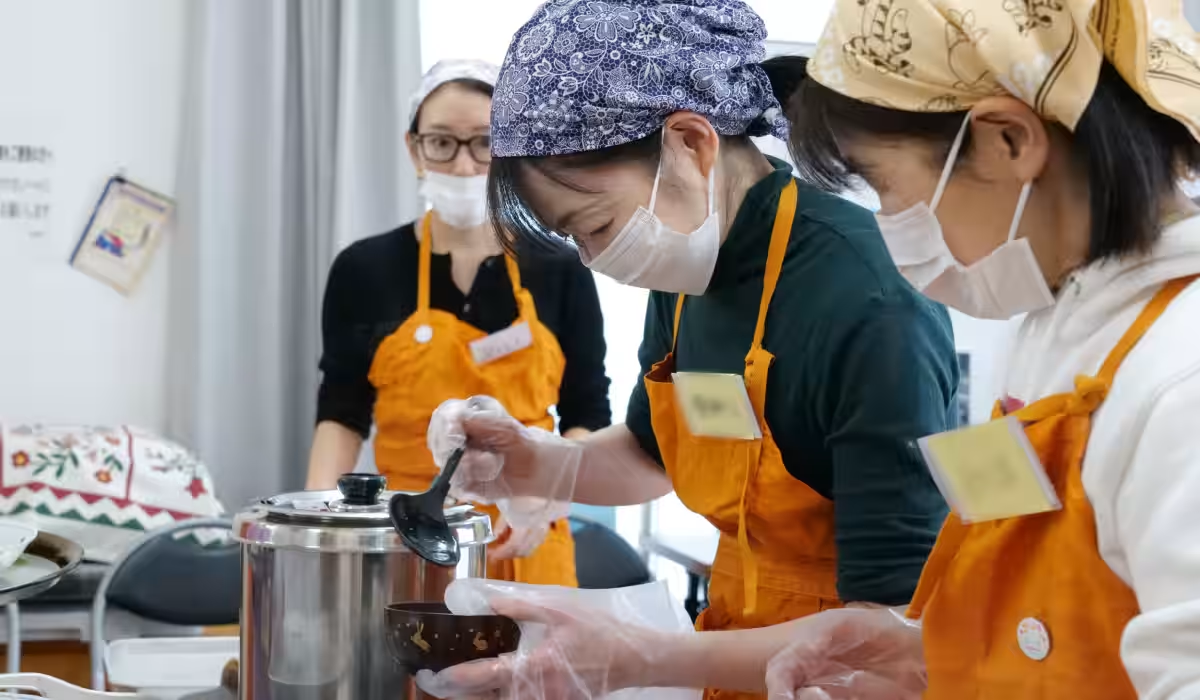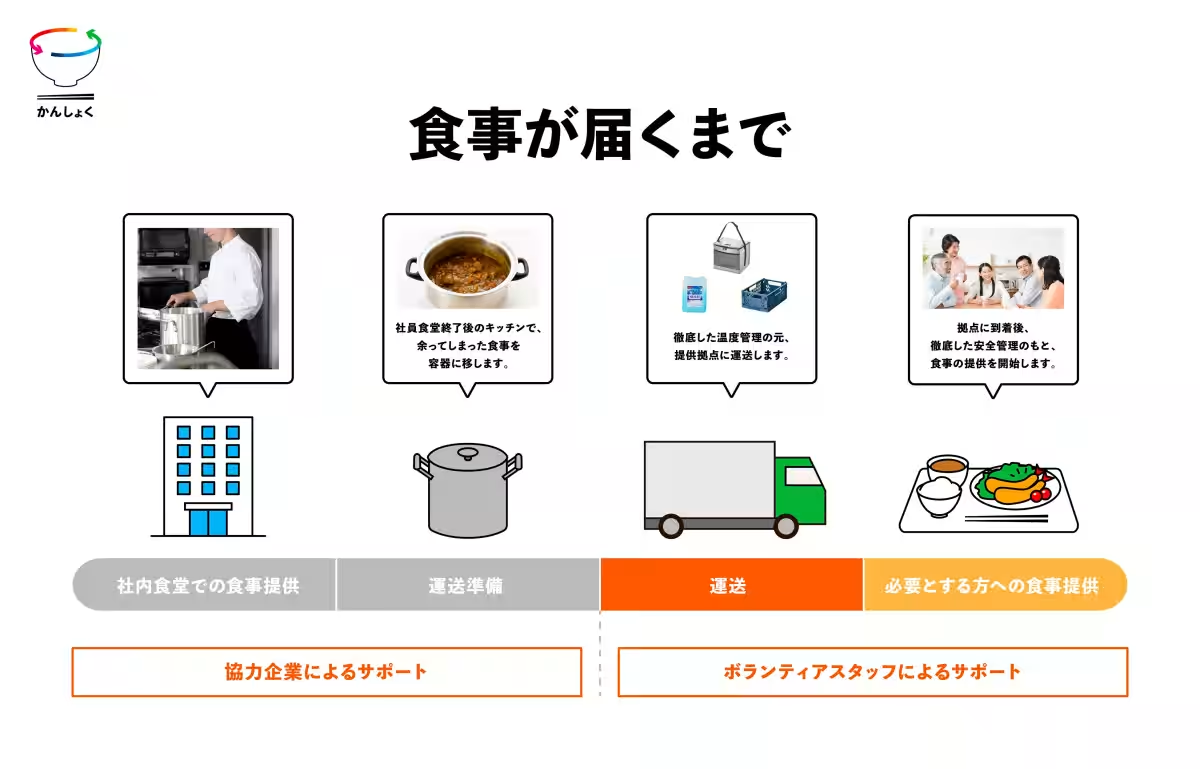

Kanshoku Project: Transforming Food Waste into Community Meals in Tokyo
Kanshoku Project: A New Era in Food Redistribution
The Kanshoku Project, initiated by the Non-Profit Organization Most Loved Dining Table, represents a groundbreaking approach in Japan by focusing on the redistribution of cooked meals. Since February 2025, this initiative has been operating in collaboration with the "Tokyo Minna de Salon" as its first base in Tokyo. This project seeks to address the issue of food waste while providing meals to those in need, specifically targeting local residents using community gathering spaces in public housing.
Background of the Kanshoku Project
In Japan, food waste has become a pressing concern, with significant amounts of edible food discarded daily from corporate operations like employee cafeterias and hotel buffets. The Kanshoku Project steps in to repurpose these surplus meals, offering them free of charge to individuals who require nutritional support. As of now, approximately 200 kg of food waste has been mitigated through this effort, highlighting a substantial impact early in the project’s timeline.
How Does It Work?
The process of meal redistribution involves three key steps:
1. Collection: Excess meals that are still safe for consumption are collected from the kitchens of collaborating companies.
2. Transportation: These meals are then transported to community centers using a specialized, safe transport system.
3. Distribution: Finally, at the distribution points, volunteers assist in serving these meals to individuals in need.
Feedback from users has been overwhelmingly positive, with comments reflecting satisfaction in both the quality of the meals and the communal aspect of dining together. Users have expressed appreciation for the nourishment and companionship provided by the project, stating it brings joy and fosters deeper community connections.
Future Plans
Looking ahead, the Kanshoku Project has ambitious plans to expand its services to local temples, churches, and various non-profit organizations within Tokyo. Additionally, partnerships with more companies willing to contribute surplus meals are currently under discussion, thereby broadening the initiative's reach and fostering a collaborative spirit within the community.
Volunteer Participation and Community Involvement
The Kanshoku Project invites participation from various sectors:
- - Food Providers: Restaurants, cafeterias, and hotels can contribute by providing their leftover meals that are still safe for consumption.
- - Space Providers: Community centers and places like restaurants or cafes during off-hours can serve as venues for meal distribution.
- - NGOs/NPOs: Organizations looking to benefit from the food distribution are encouraged to get involved.
- - Volunteers: Individuals willing to assist with logistics, transportation, and meal distribution can sign up to help deliver food to the needy.
To express interest in contributing or partaking in the project, individuals can contact the project organizers through the dedicated website.
Community Response
As we navigate through a time of abundance in food availability, the emergence of the term "food loss" signifies a growing awareness of the issue at hand. The Kanshoku Project aims not only to combat food waste but also to evolve society into one that fosters mutual support—turning from mere convenience towards a system where individuals can rely on each other. Prominent voices of support, including representatives from companies involved, have championed the project’s potential for nurturing positive outcomes in the community, ensuring that children and families have access to nutritious meals and can thrive together in a supportive environment.
Conclusion
The Kanshoku Project is setting a precedent for how surplus food can be managed in a way that both reduces waste and strengthens community bonds. It is an initiative firmly rooted in the belief that everyone deserves access to good food and that it is possible to create a sustainable cycle of support. As this project unfolds, it represents a hopeful step forward in addressing food waste and fostering community spirit.
For more information on the Kanshoku Project, visit their official website: Kanshoku Project.





Topics Other)










【About Using Articles】
You can freely use the title and article content by linking to the page where the article is posted.
※ Images cannot be used.
【About Links】
Links are free to use.